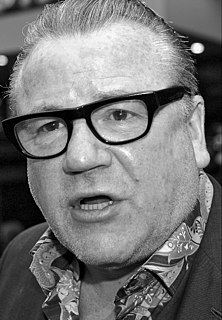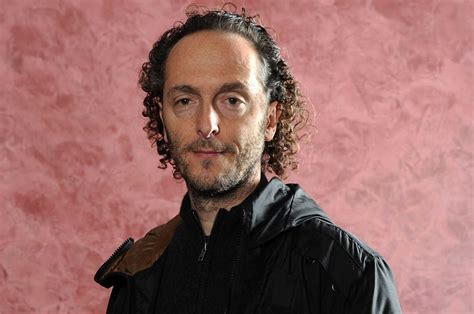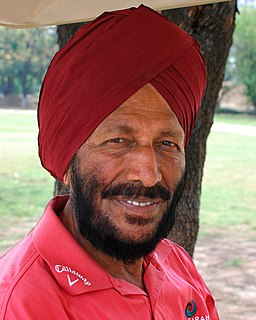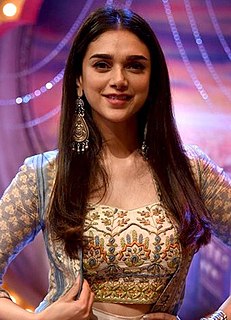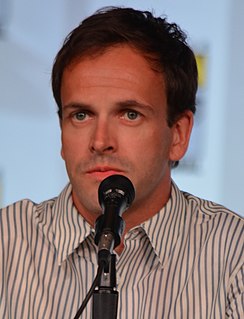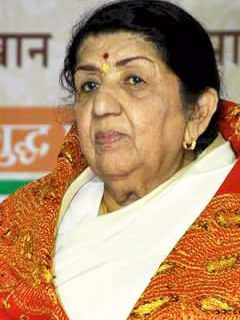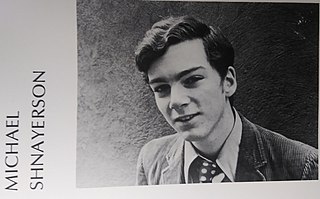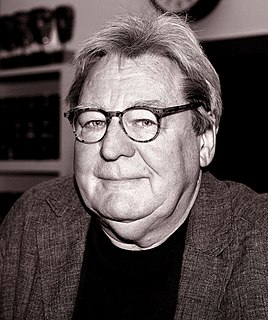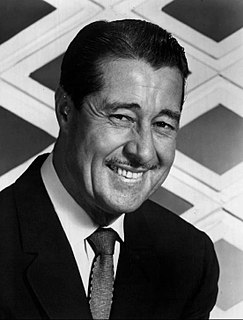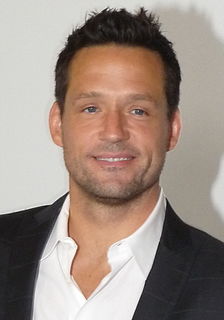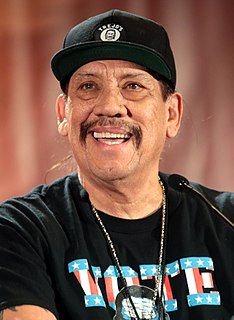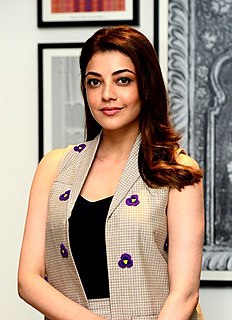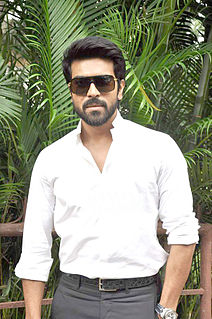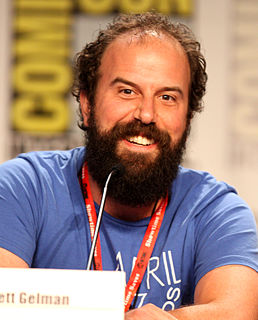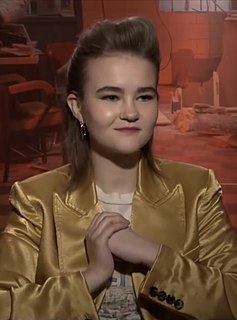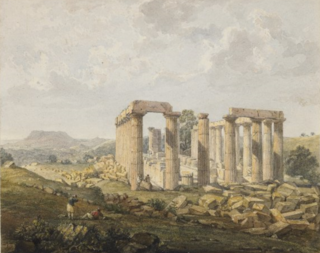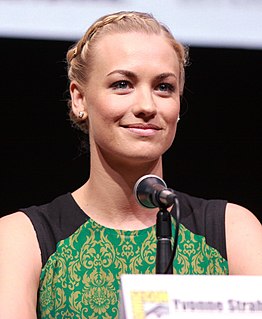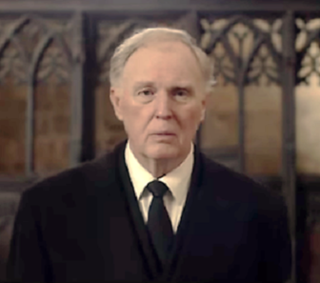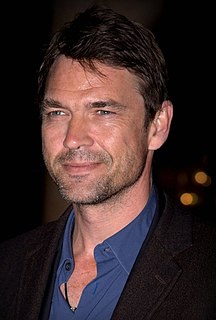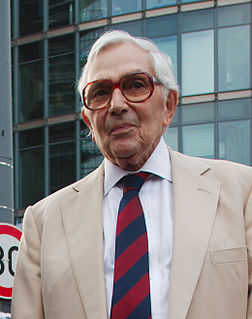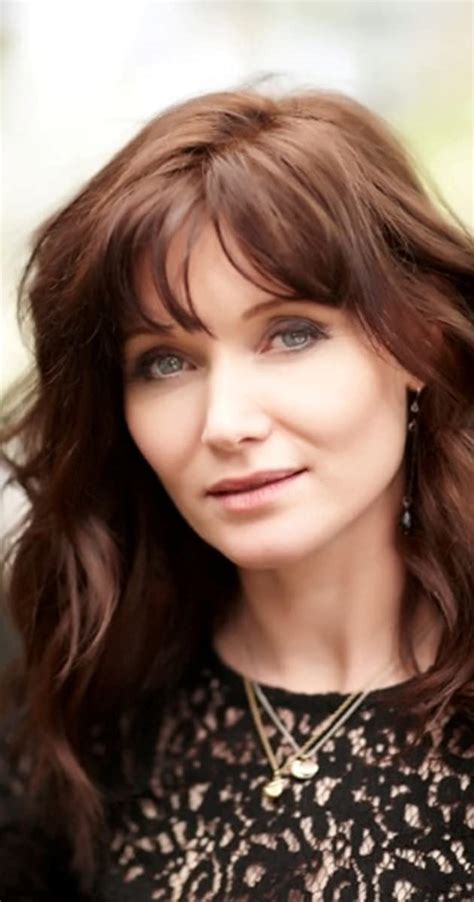Top 1200 Film Directors Quotes & Sayings
Explore popular Film Directors quotes.
Last updated on November 18, 2024.
It's not often I get to do a film that turns out good. Plus, there just aren't that many great directors out there. There are a thousand different decisions that need to be made with each script and it's the good directors that can make those decisions. It's a long and complicated process in regards to what looks good on paper. Working on a bad film can be fun too. It can be a good exercise that gets you writing.
I guess people feel that if you're working with good directors and are known in the Hindi film industry, then you won't work in South films. However, I believe that films have no boundaries of language, religion, or cast. If it's a good script and a good director, I can do a film in Spanish as well.
Well, there's two things I have criteria for doing a film: The script, which is the story, and the filmmaker, and it's a filmmaker's medium. I like really strong directors, and so when I do a film, I'm out there to serve the director, really, which is in turn to serve the script, to serve the director cause he's the one making the film. I relied on Todd Haynes for that.
The hardest thing for a film actor, especially if you are in a lot of the film, is sustaining energy for the entire length of a production. It's quite tough. With acting, it's not the same as directing. Directors work the exact same hours; directing is incredibly exhausting. The only difference is that directors aren't required to have bursts of energy and focus. They're probably focused the entire day. Actors have this thing of "stop/start." That can be quite draining, actually.
I think film is a world of directors. Theater is a world of actors. Or, theater is for actors as cinema is for directors. I started in theater. Filming is as complete as directing film. In theater, you are there, you have a character, you have a play, you have a light, you have a set, you have an audience, and you're in control, and every night is different depending on you and the relationship with the other actors. It's as simple as that. So, you are given all the tools.
Most Chinese filmmakers grew up watching television; they watched films on television, not in cinemas. The scope of their vision is not big enough, they're not yet detail-oriented enough. You have to watch films in cinemas for years to understand the depth and scope of vision needed in filmmaking. Directors in China usually come from an academic background; they graduate as film directors. Whereas the directors from Hong Kong learn their trade on sets, beginning at the lowest rung.
You can't do anything to a film post its release. I concentrate on working hard, giving the required inputs for the roles, having discussions with my directors and co-stars. It isn't possible to predict the fate of any film. I don't take failures to heart and successes to my head. These are part and parcel of this career.



